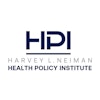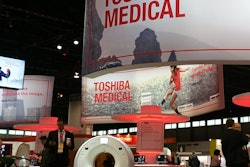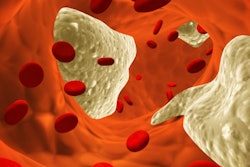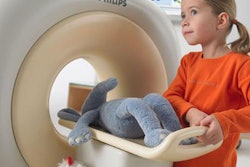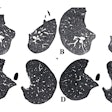Dear AuntMinnie Member,
CT angiography (CTA) can help determine which stroke patients are the best choices for referral to specialized centers for mechanical removal of clots via thrombectomy. But optimal use of CTA for this application may require some changes to stroke workup protocols.
Researchers from Massachusetts General Hospital found that poor blood flow in the collateral arteries on CTA exams was one of the best predictors for determining which patients would deteriorate following transfer from a general hospital to a thrombectomy center and, thus, no longer be eligible for clot removal. Such futile patient transfers can waste valuable healthcare resources and delay treatment for stroke patients.
CTA's utility for triaging which patients should be transferred might spur emergency rooms to consider performing CTA along with other CT scans immediately when stroke patients arrive, rather than waiting, according to an editorial that accompanied the study. Learn more by clicking here, or visit our CT Community at ct.auntminnie.com.
Mammography for Muslim women
Women face a number of barriers that can hinder them from getting breast cancer screening -- cost, location, etc. The problem can be exacerbated if they also have religious beliefs that get in the way as well.
A group from the University of Chicago addressed this dilemma in a paper presented this week at a conference on healthcare disparities, sponsored by the American Association for Cancer Research. The researchers conducted focus groups with Muslim women to find out why they avoided mammography, and they developed an intervention designed to address the religious concerns that many had expressed.
How well did it work? You'll have to click here to find out, for an article in our Women's Imaging Community.
News from ASTRO
Finally, the annual meeting of the American Society for Radiation Oncology (ASTRO) is underway in San Diego this week. You can read our coverage of the meeting, such as this story on the effectiveness of whole-breast hypofractionated radiation therapy for breast cancer, or this article on how women found breast radiation therapy to be less intimidating than they expected.



